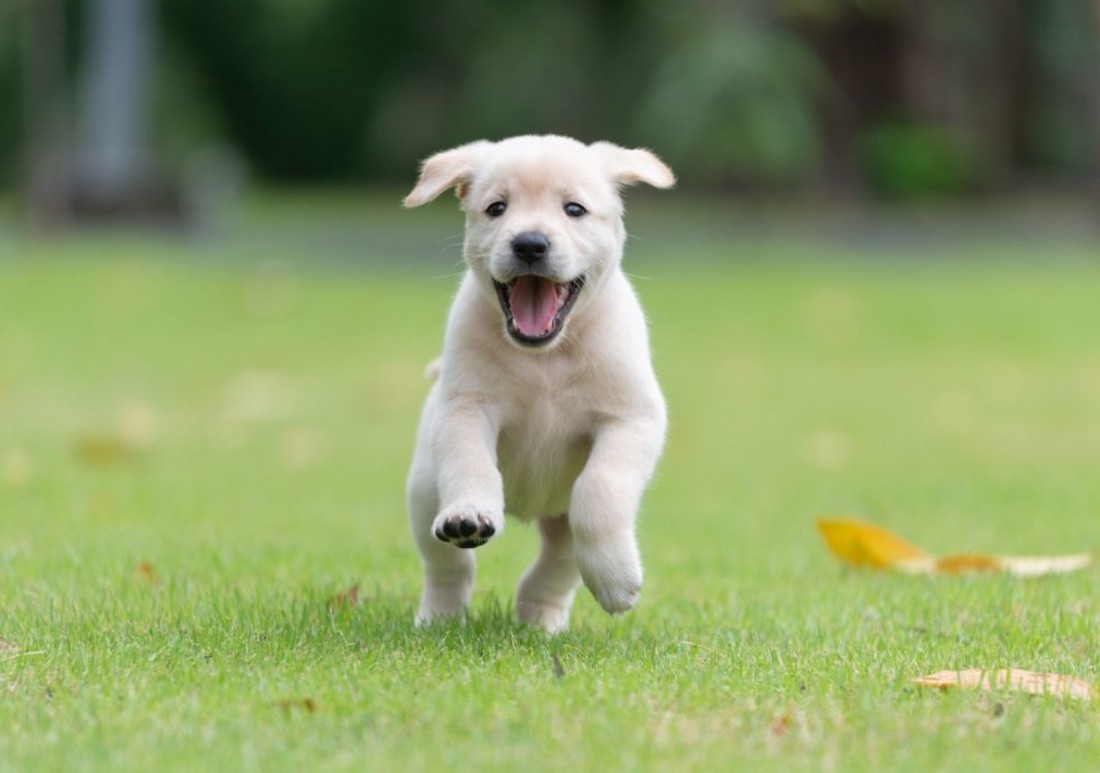When Do Puppies Calm Down? Tips for Calming Energetic Pups

Sleepless nights are a common struggle for many new puppy owners. The seemingly endless chorus of whimpers and barks can leave you feeling exhausted and frazzled. You might wonder if you’ll ever experience a full night’s rest again. Fortunately, there are various tips that you can implement to bring peace and tranquility to both you and your four-legged friend.
In this comprehensive guide, we’ll embark on a journey through the ins and outs of puppy ownership, from exploring their energy levels at different ages to establishing routines that can help them mellow out. With this valuable insight, you’ll be able to enjoy pup parenthood while promoting a more restful environment at home.
Understanding Puppy Energy Levels
Puppies are well-known for their seemingly limitless reserves of energy. They’re naturally curious, eager to explore the world around them, and have an unquenchable thirst for play. While this boundless enthusiasm is one of the charming aspects of puppyhood, it can also be quite exhausting for puppy owners. So, when can you expect your energetic puppy to calm down?
The Age Factor
Determining when your puppy will calm down primarily depends on their age and developmental stages. In the early weeks of a puppy’s life, they experience rapid growth and are entirely dependent on their mother and littermates. The critical socialization period, from approximately three to twelve weeks, is marked by curiosity and openness to new experiences as they form the basis of their behavior.
Adolescence begins around five to six months of age, leading to increased independence, boundary testing, and some behavioral challenges. The transition to adulthood, which can vary by breed and size, typically occurs between one and two years of age. While there isn’t a fixed age when all puppies suddenly calm down, most will gradually mellow out as they transition into adulthood. It’s essential to understand that this process is gradual and varies from one dog to another.
Tips for Managing Energetic Puppies
Raising an energetic puppy can be both a challenging and immensely rewarding experience. During this phase, it’s crucial to provide your puppy with ample exercise, including regular walks, playtime, and secure areas for running to expend their excess energy. Additionally, mental stimulation is key, involving puzzle toys, interactive games, and structured training sessions to keep their minds active.
Socialization is equally important, exposing your puppy to diverse people, animals, and environments during the socialization period, facilitating their growth into well-adjusted, confident adults. Consistent training, starting early and maintaining rule-based consistency with positive reinforcement techniques, shapes your puppy’s behavior. Invest in a comforting dog crate bed and train them to settle down when inside at night.
A proper diet, comprising a balanced, high-quality nutritional plan, significantly contributes to their overall health and energy levels. Lastly, remember that patience and love are essential. Your puppy’s energy and enthusiasm are a natural part of their development, so cherish the journey and provide abundant affection throughout.
Coping with Adolescent Behavior
As your puppy enters adolescence, you might notice some challenging behaviors, such as increased independence, testing boundaries, and a bit of stubbornness. This phase is entirely normal and temporary. To manage it effectively, maintain training with consistent reinforcement of commands, even if your puppy forgets them temporarily. Providing a structured routine with regular mealtimes, bathroom breaks, and play sessions can help your puppy know what to expect.
Additionally, continue to prioritize exercise and mental stimulation to keep your pup tired and well-behaved. During this trying period for both you and your puppy, practice patience, maintain a calm demeanor, and avoid reacting with frustration to ease the transition. As they get older, consider talking to your veterinarian about calming dog chews or calming drops for dogs, if necessary.
Conclusion
Remember, the journey of raising a puppy is a beautiful one. Their boundless enthusiasm and playful nature are part of what makes them so lovable. With proper care, patience, and consistent training, you’ll help your puppy grow into a well-behaved and loving adult dog. Enjoy the energetic moments, cherish the playful antics, and look forward to the unique bond that will continue to grow between you and your beloved pup.
Your Pet’s Best Interest, Always
At Pet Institute, we take pet care seriously. We're dedicated to transparency, impartiality, and the well-being of your pets in every article, review, and recommendation we provide. Our unwavering commitment to these principles ensures that you, our valued reader, always receive reliable and unbiased information. Let us be your trusted guide in the world of pet care and companionship.